Aeon Video has a monthly newsletter!
Get curated editors’ picks, peeks behind the scenes, film recommendations and more.
Is the idea that democracy always benefits society misguided, or just mathematics?
Plato believed that public policy should be the purview of a small group of wise leaders; in his view, ordinary citizens couldn’t possibly be well informed enough to arrive at the decisions that would best align with the common good. Jean-Jacques Rousseau disagreed, countering that normal people, voting for their opinions en masse, could indeed arrive at the ‘general will’. The French philosopher Nicolas de Condorcet (1743-94) went even further than his contemporary Rousseau, proposing that, not only could the wisdom of the crowd be trusted to reach the most beneficial conclusions, but that it was mathematically provable that this was the case. This animated explainer from Wireless Philosophy (or Wi-Phi) details the logic of Condorcet’s so-called ‘jury theorem’, while also identifying weaknesses in the perhaps overly optimistic assumptions embedded in his logic.
Video by Wireless Philosophy
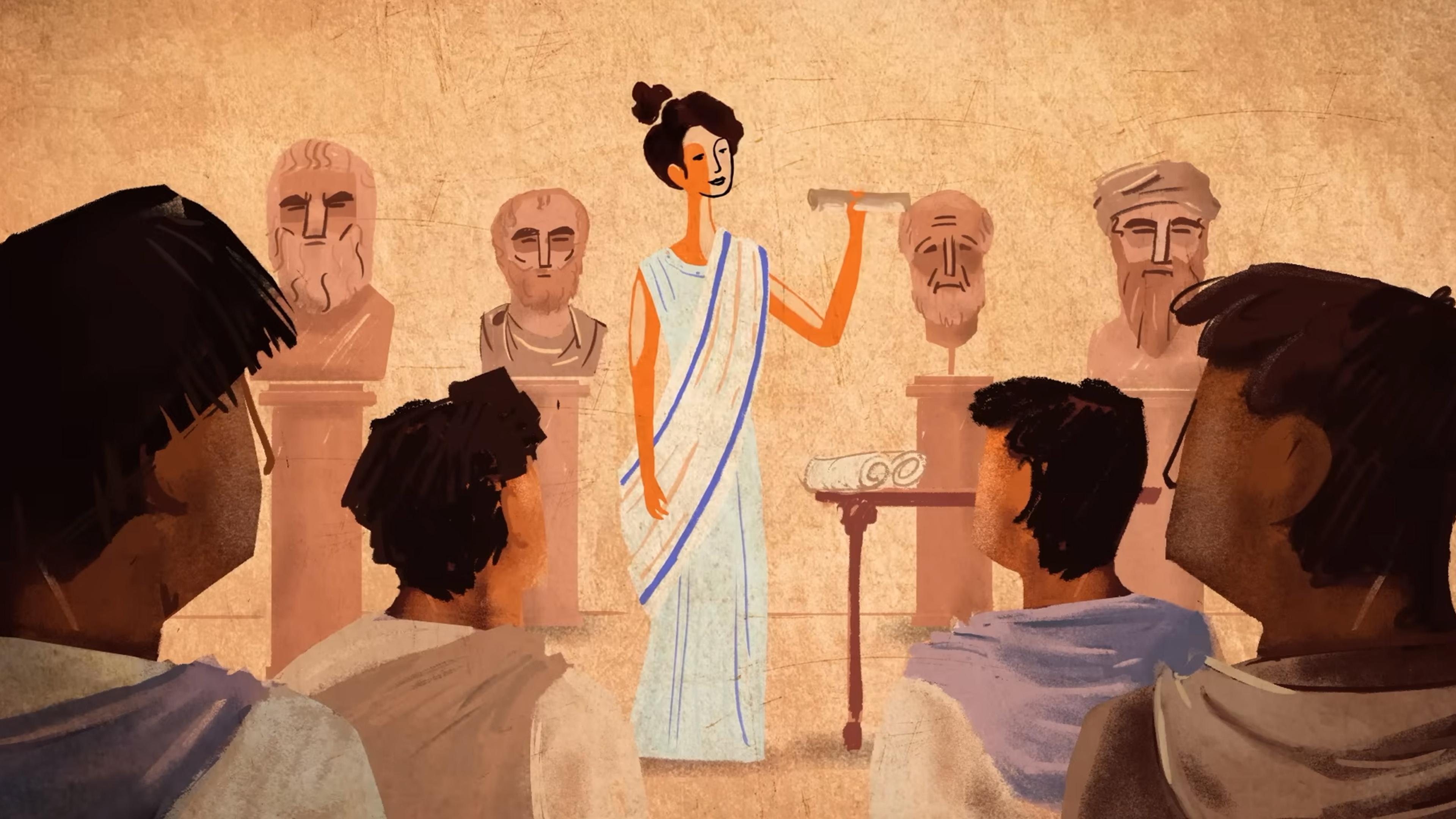
video
Thinkers and theories
A rare female scholar of the Roman Empire, Hypatia lived and died as a secular voice
5 minutes
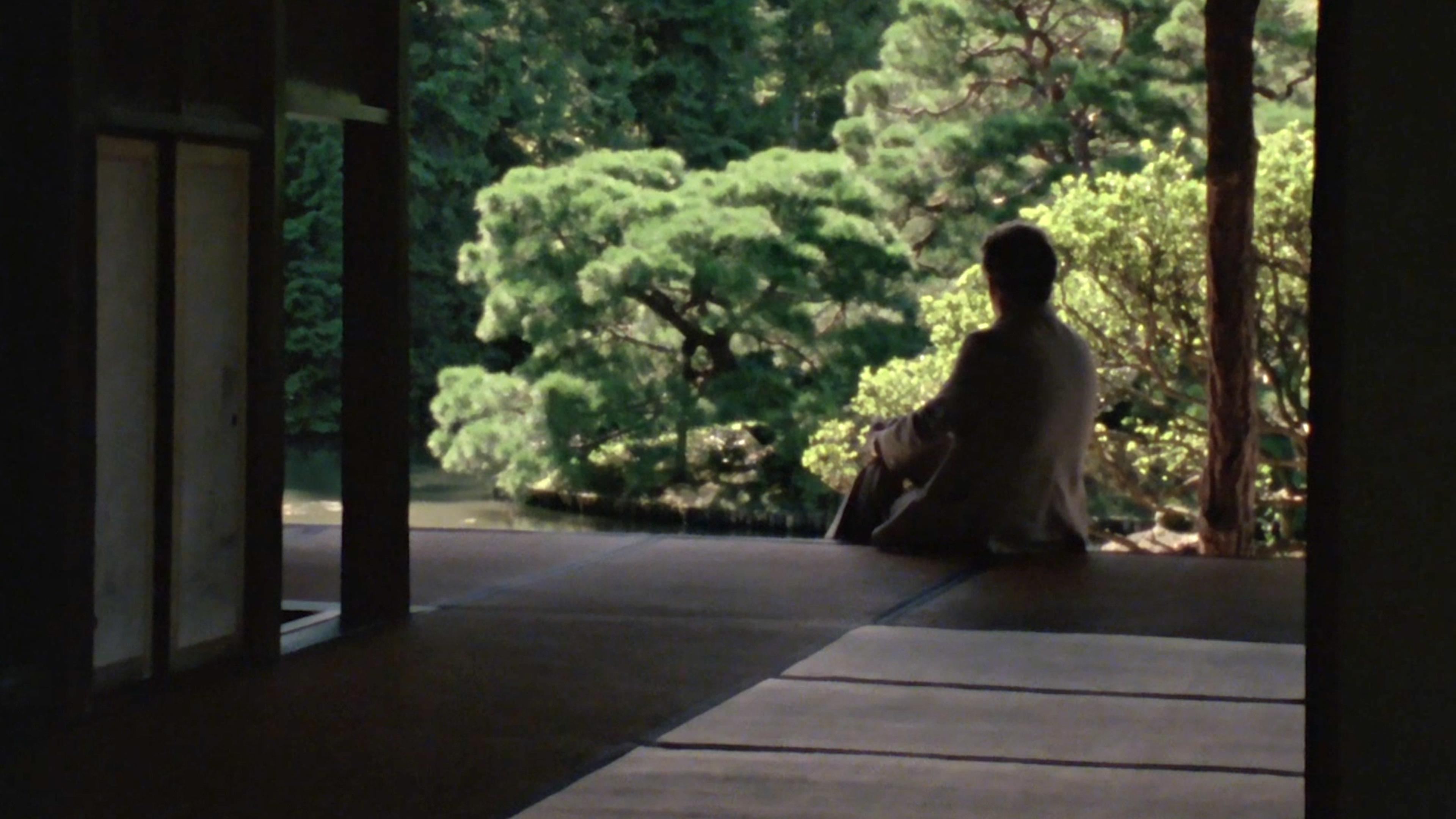
video
Architecture
The celebrated architect who took inspiration from sitting, waiting and contemplating
29 minutes
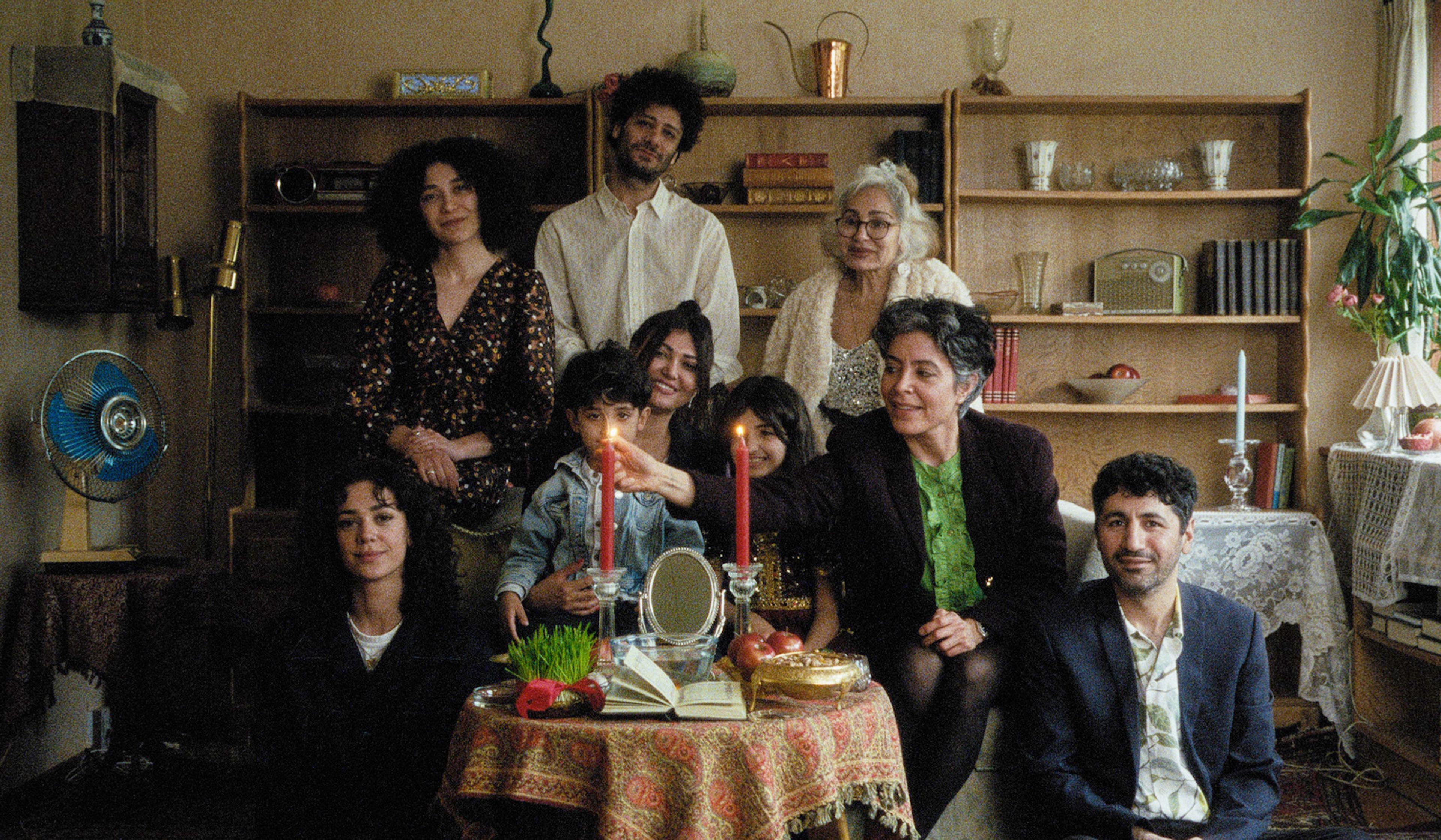
video
Rituals and celebrations
A beginner’s guide to a joyful Persian tradition of spring renewal and rebirth
3 minutes

video
Metaphysics
Simple entities in universal harmony – Leibniz’s evocative perspective on reality
4 minutes

video
Biography and memoir
The unique life philosophy of Abdi, born in Somalia, living in the Netherlands
29 minutes

video
Ethics
For Iris Murdoch, selfishness is a fault that can be solved by reframing the world
6 minutes

video
Death
A hunter’s lyrical reflection on the humbling business of being mortal
6 minutes
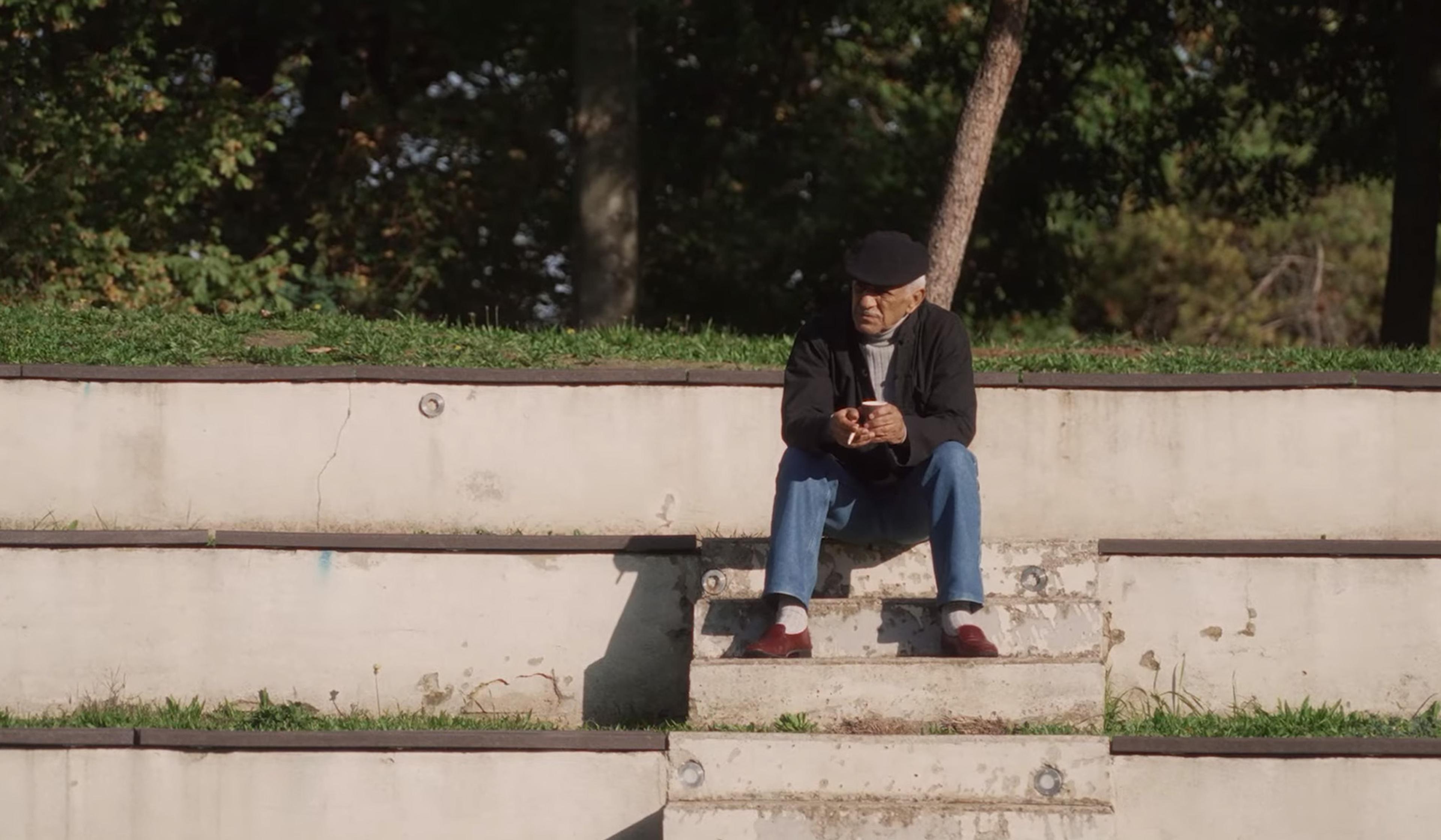
video
Love and friendship
After his son’s terrorist attack, Azdyne seeks healing – and his granddaughter
25 minutes
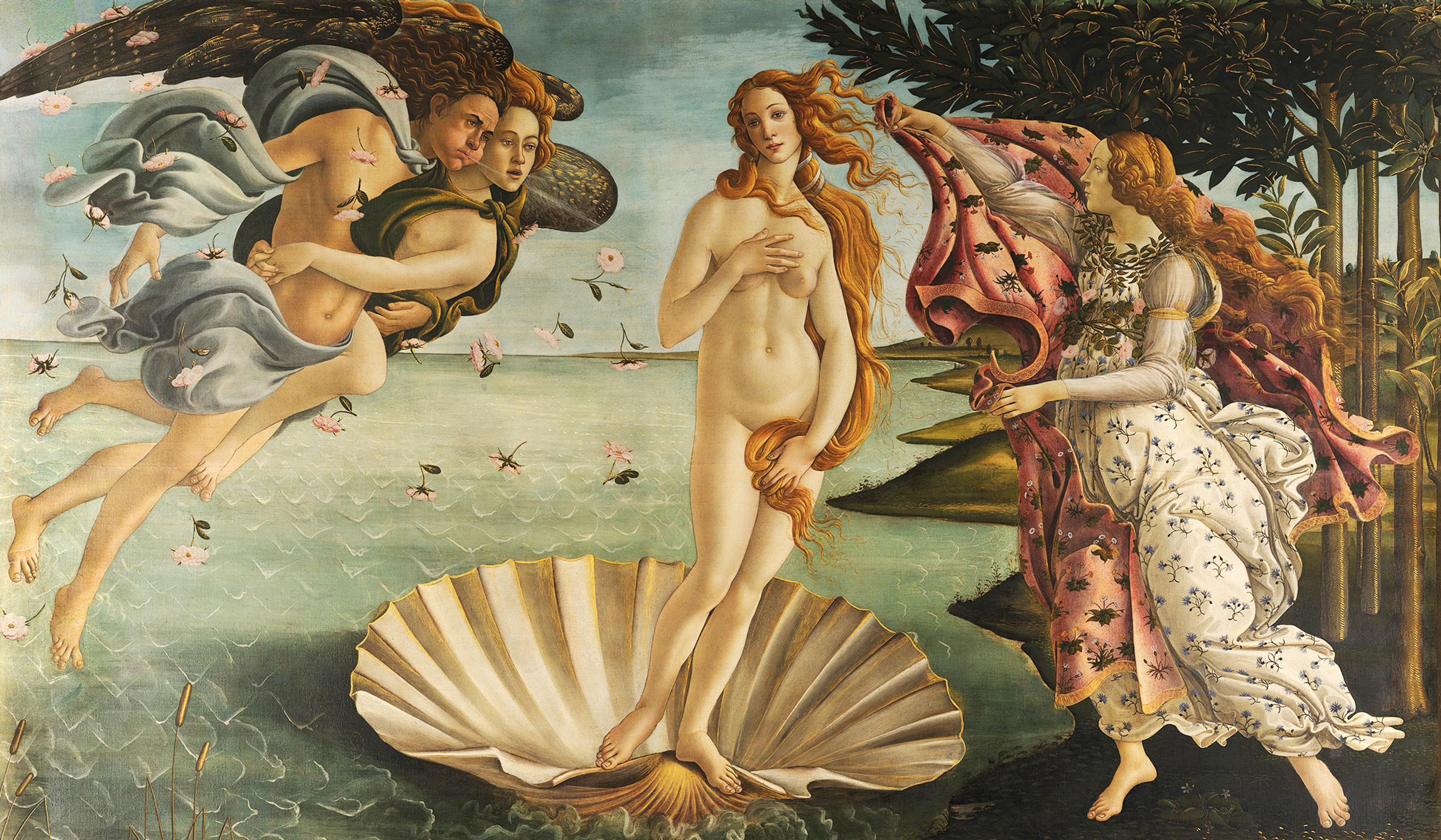
video
Art
More than breathtaking, ‘The Birth of Venus’ signalled an aesthetic revolution
19 minutes